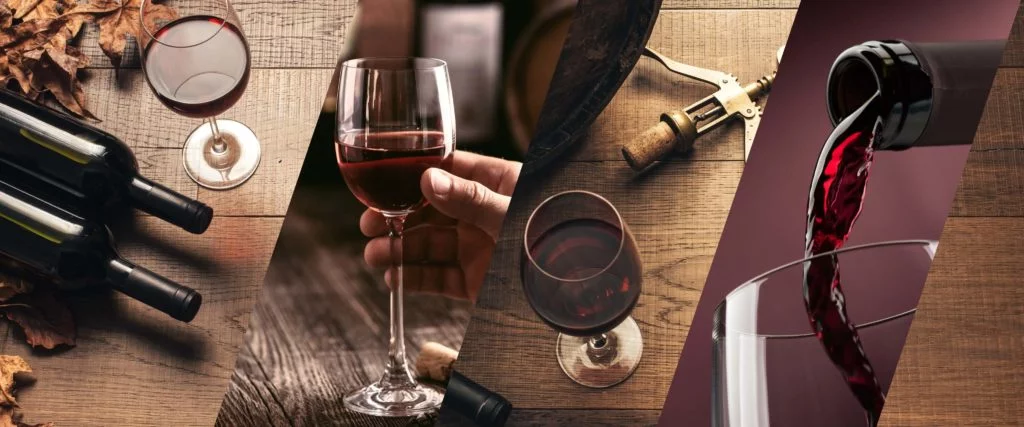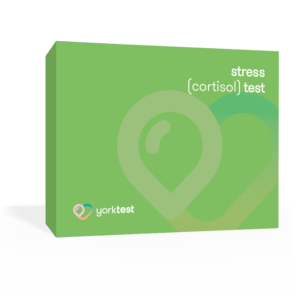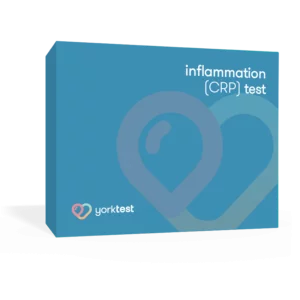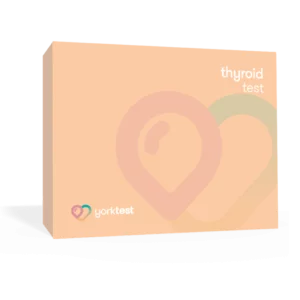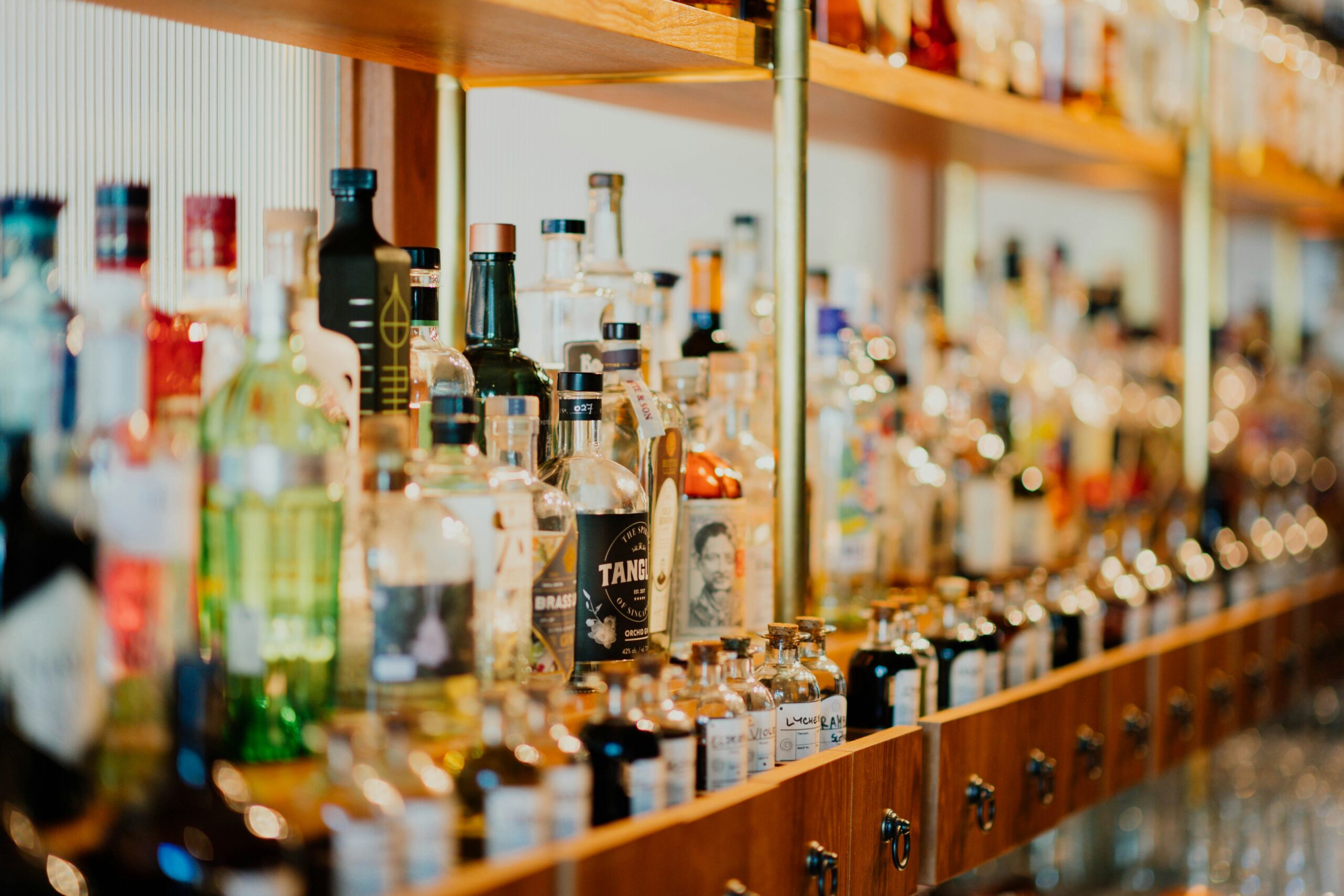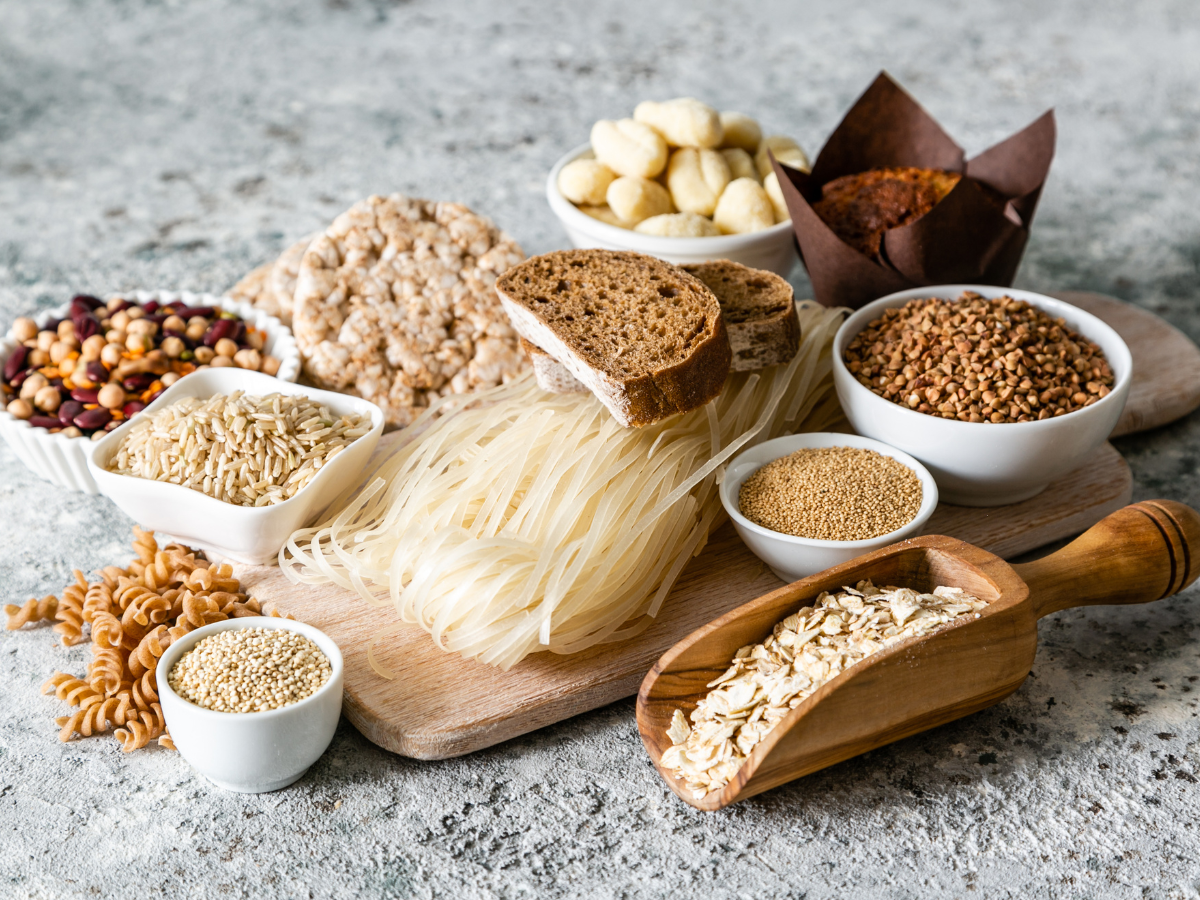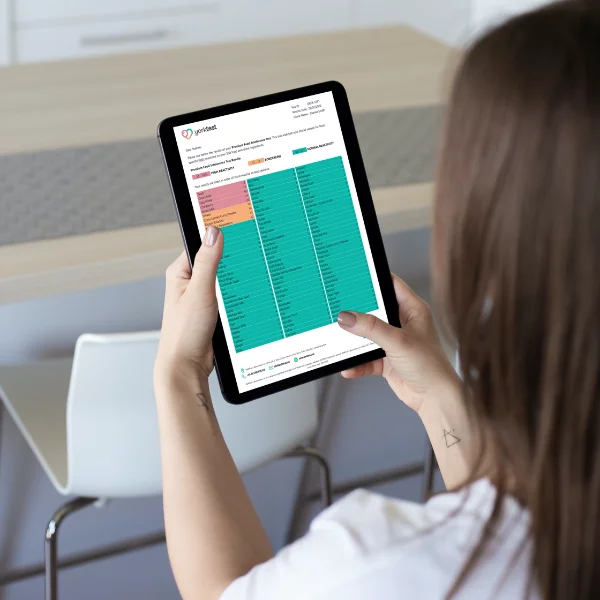- Why Does Alcohol Make Me Sleepy?
- A Disturbed Nightâs Sleep
- Why Do I Wake Up Early After Drinking?
- Alcoholism & Sleep Apnea
- Why Does Drinking Make Me Tired?
- Signs of Alcohol Fatigue Syndrome
- How To Sleep Better After Drinking Alcohol
- Try To Avoid Alcohol Before Bed
- Stay Away From Fizzy Drinks
- Skip Drinks With Caffeine In
- Go To The Bathroom Before Bed
Do you enjoy a nightcap before hitting the hay? Do you find yourself feeling sluggish and tired the next day? Regular drinking, and more specifically regular drinking before bed, can affect the quality of your sleep. Alcohol and sleep have a complex, often disruptive relationship. Alcohol not only affects your sleep but also depletes your energy levels.
While alcohol may give you a boost shortly after consumption, it can make you feel drowsy and leave you feeling low-energy the next day. For some people, alcohol doesn’t even provide any initial energy boost. Regardless of the time of day or the amount consumed, it’s possible to feel immediately deflated after drinking alcohol. This may be due to the fact that alcohol is a depressant that affects the central nervous system by slowing neuron activity in the brain, leading to fatigue and sleepiness.
In this blog post, we’ll explore how alcohol affects your sleep and overall energy levels.
Why Does Alcohol Make Me Sleepy?
Some people report that alcohol helps them to fall asleep, at least initially. However, the disadvantages far outweigh any perceived benefits. Drinking alcohol disrupts your sleep cycle and your overall quality of sleep.
If you have alcohol in your system, this means you will spend less time in the essential Rapid Eye Movement (REM) stage of sleep. This results in you waking up feeling tired and unrefreshed. Even just a couple of drinks will have this effect, although the more drinks you have, the less refreshed you will feel the following day.
Of course, if you’ve had a lot to drink, you’re likely to experience a hangover. If feeling tired and exhausted wasn’t bad enough, you may find that these feelings are compounded by a thumping headache or irritability.
Unfortunately, there is no quick cure for a hangover; only time and rehydrating yourself will sober you up. But if you want to avoid these feelings in the first place, limit your alcohol intake and switch between water and soft drinks to avoid dehydration.
A Disturbed Night’s Sleep
Anyone who has alcohol before going to bed knows that a disturbed night’s sleep is common. Sleeping all the way through the night is rare because you’ll find that you may need to get up in the middle of the night to go to the toilet. This could be because of the sheer amount of liquids consumed or because alcohol increases your need to urinate. As a diuretic, alcohol encourages the body to lose extra fluid. Furthermore, this isn’t just through urine: you are also likely to sweat more, worsening dehydration.
Why Do I Wake Up Early After Drinking?
Alcohol can disrupt your sleep in several ways, including waking you up early. Here are some of the reasons you find it difficult to sleep in after drinking:
Sleep Architecture– Alcohol disrupts normal phases of sleep (known as sleep architecture), leading to fragmented sleep and more frequent wakings. This is also why some people say they can’t sleep after drinking alcohol.
Metabolism– As your body metabolises alcohol, the sedative effects wear off, which can cause you to wake up.
Circadian Rhythm– Alcohol interferes with your body’s natural circadian rhythm, causing frequent awakenings or early waking.
Brain Chemicals– When your body finishes metabolising alcohol, certain brain chemicals are stimulated, causing wakefulness.
Alcoholism & Sleep Apnea
Ongoing studies have found that moderate or heavy drinking can raise the risk of developing sleep apnea, a condition that narrows the airways and can stop you from breathing properly at night. Drinking alcohol can worsen OSA (obstructive sleep apnea) because it increases the time between when you stop breathing and when you ‘rouse’ to breathe again. This increase in the severity of your apneic symptoms can lead to severe drops in your blood’s oxygen levels.
Without the appropriate treatment, sleep apnea can become a serious condition. It can lead to type 2 diabetes, depression, high blood pressure, and increase your risk of stroke. It may also affect your mood and concentration and, though it may go without saying, increase the likelihood of you having an accident because you are tired.
Why Does Drinking Make Me Tired?
Alcohol often causes sleepiness due to its impact on your sleep cycle. However, there are also slightly more direct reasons why alcohol makes us feel sleepy. Alcohol is a depressant and directly affects the central nervous system. As soon as alcohol enters the bloodstream, it circulates to the brain where it slows down the firing of neurons responsible for wakefulness. When your neurons stop firing at their original rate, it can result in relaxation, but it can equally result in fatigue and sleepiness.
Signs of Alcohol Fatigue Syndrome
Alcohol Fatigue Syndrome refers to the extreme tiredness and sluggishness that some individuals experience after drinking alcohol, particularly in cases of heavy or chronic consumption. Signs of alcohol fatigue syndrome include:
Extreme Tiredness – extreme tiredness often occurs when someone consumes alcohol excessively, leading to severe fatigue and a strong desire to sleep.
Impaired Cognitive Function – Alcohol affects cognitive function, resulting in poor concentration, slow thinking, and memory lapses.
Slurred Speech – Alcohol impairs motor skills and coordination, causing slurred speech and diffiiculty articulating words clearly.
Feeling Sluggish on a Daily Basis – Feeling sluggish and unable to concentrate daily is a common sign of alcohol fatigue syndrome
How To Sleep Better After Drinking Alcohol
We advise limiting alcohol consumption to a moderate amount. However, if you are planning on having a night out or just an evening filled with drinks, and you want to have a better night’s sleep, then here are some tips to help:
Try To Avoid Alcohol Before Bed
If you want to give yourself the best chance of getting a good night’s sleep after drinking alcohol, you should allow sufficient time for your body to process the alcohol before going to bed. Determining the exact time your body needs to metabolise alcohol can vary, but you should allow approximately one hour per drink. This means that if you have three drinks, you should allow for three hours before bedtime.
Stay Away From Fizzy Drinks
Carbonated alcoholic beverages, or fizzy drinks, are absorbed by your body faster, which can cause tipsiness more quickly and make it harder to fall asleep.
Skip Drinks With Caffeine In
You should avoid drinks with caffeine in them if you want to get a restful sleep. Caffeine is a stimulant so it will keep you awake. Keep away from drinks such as rum and Coke or Jagerbombs or you may be up all night.
Go To The Bathroom Before Bed
Going to the bathroom before bed is an effective strategy. The chances are that, at some point or another, you will need to pee, so going to the toilet before bed lessens the likelihood of you waking up in the middle of the night to go again. It’s true that alcohol can limit your sleep quality, However, dietary intolerances can also be common causes of sleep disorders. At YorkTest, we take pride in helping you live a better and healthier life. We want to help you understand your health better so that you can make healthier lifestyle choices. We have a multitude of tests that you can do at home and that help you better understand your general health. From our essential health check test kit to tests for Cholesterol and Liver Function, we have a variety of solutions to suit your needs. So what are you waiting for? Contact us today.


